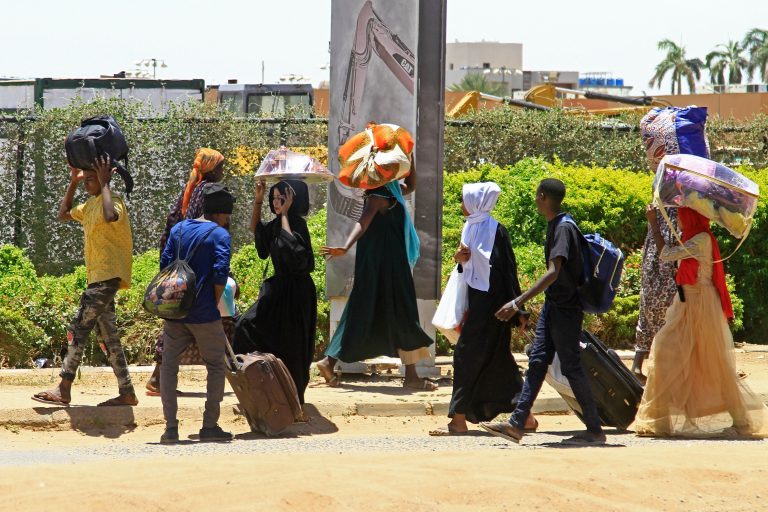On April 15, heavy fighting broke out between two rival factions in Sudan, taking the lives of more than a hundred people in three days of violence, an envoy for the United Nations (UN) reported.
The escalation of violence has raised alarms in both the local and international communities, with fears of civil war looming.
The fight rages on
The UN special representative for Sudan, Volker Perthes, found that around 185 people were killed in the crisis, with another 1,800 injured, al-Jazeera wrote. As of now, there have been reports of both sides using heavy military might — from tanks to aircraft — in “densely populated areas.”
“It’s a very fluid situation so it’s very difficult to say where the balance is shifting to,” Perthes said on Monday. He also told reporters in New York that both warring factions were “not giving the impression that they want mediation for a peace between them right away.”
The military crisis has seen thousands of armed fighters clash against each other, trapping millions of civilians. Supplies are also depleting in several areas across the country.
Success
You are now signed up for our newsletter
Success
Check your email to complete sign up
The Khartoum airport and the presidential palace are points of contention for both sides, with each party claiming control over the sites.
“Gunfire and shelling are everywhere,” Awadeya Mahmoud Koko, leader of a union for tea vendors and food workers, said from her home in the capital of Khartoum. A shell struck a nearby house on Apr. 16, killing three people. “We couldn’t take them to a hospital or bury them.”
“I can see from my residence smoke coming out from some buildings,” a man told the BBC. “I can hear blasts, bombs, I can see military planes.”
READ MORE:
- Oklahoma Woman Flies to Middle East to Save 10 Afghan Girls
- Peace Talks Commence Between Saudi Arabia and Houthi Leaders in Yemen
- Two Boats Sink Off the Coast of Tunisia, Twenty-Nine Migrants Perish
What triggered the conflict?
The violence began on April 15, when two Sudanese military commanders — General Abdel Fattah al-Burhan of the Armed Forces, and General Mohamed Hamdan Dagalo, head of the paramilitary force, the Rapid Support Forces (RSF) — vied for power.
Back in 2019, the two were allies in a military coup that overthrew dictator Omar al-Bashir. But when a transition to a democratic civilian government failed, cracks formed, The Guardian wrote.
“The bullet, when it escapes from the weapon, will not differentiate between the aggressor and the non-aggressor, and the victims are the Sudanese,” former prime minister Abdalla Hamdok, also deposed, said, calling for the two generals to cease the fighting.
As resistance against the military government under al-Burhan rose, Dagalo — also known as Hemedti — attempted to make a plan for a new transition, which caused tensions with al-Burhan. When civilians requested oversight of the military and the RSF was absorbed into the regular armed forces, the tensions only got worse.
International response
The global community has condemned the violence that has broke out in Khartoum, calling for an end to the fighting.
U.S. Secretary of State Anthony Blinken called the crisis “fragile,” though he hoped that there was a chance for a civilian-led government.
“We urge all actors to stop the violence immediately and avoid further escalations or troop mobilisations and continue talks to resolve outstanding issues,” he said.
Several Middle Eastern countries, including Qatar, the United Arab Emirates (UAE) and Saudi Arabia, expressed their concerns, stating their hopes for peace talks to end the fighting. The UAE embassy in Khartoum was also said to be following “with great concern.”
“The ongoing violence across Sudan must stop immediately,” British Foreign Secretary James Cleverly said on Twitter.

















